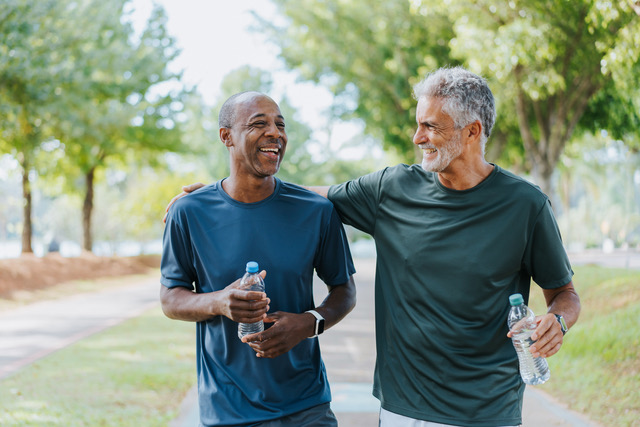The Importance of Strength and Balance Training During Winter for People Over 60: An Exercise Physiologist’s Perspective
Winter brings unique challenges for people over 60. Cold weather, shorter days, and frosty weather can make it tempting to stay indoors and move less. But as an exercise physiologist, I can’t stress enough how vital it is to maintain—and even increase—your focus on strength and balance training during the colder months.
Why Strength and Balance Matter More as We Age
As we get older, natural changes in our bodies lead to a gradual decline in muscle mass and strength, as well as reduced balance and coordination. These changes can make everyday activities—like standing up from a chair, walking, or carrying groceries—more difficult, and they significantly increase the risk of falls.
The Benefits of Strength Training
Strength training, also known as resistance training, helps slow and even reverse age-related muscle loss. This type of exercise:
- Builds and maintains muscle and bone strength, supporting independence and making daily tasks easier.
- Reduces the risk of falls and fractures by improving stability, posture and reaction time.
- Helps manage chronic conditions such as arthritis, diabetes, and heart disease.
- Boosts metabolism, which can help with weight management during the less active winter months.
The Australian Physical Activity Guidelines for Exercise Physiology recommends strength training at least two days a week, focusing on all major muscle groups.
The Benefits of Balance Training
Balance exercises are just as important as strength work. Regular balance training:
- Improves stability and coordination, making it easier to navigate uneven ground and obstacles.
- Reduces the risk of falls, which are a leading cause of injury in older adults.
- Increases confidence and independence, allowing you to move more freely and safely.
Practical Winter Exercise Tips
When outdoor activity is limited during winter, indoor options are fantastic! It’s always a bit easier to front up to exercise indoors and out of the weather. Group classes or guided sessions can add motivation and social connection, which are also vital for wellbeing during the colder, darker months.
Try to keep up with your usual outdoor exercise activities like walking when the weather permits. You might not be able to keep up with your usual frequency but be kind to yourself and remember that something is always better than nothing! Consider the time of day you go, if you’re an early morning walker it might be more appealing to start the walk later in the day when it’s warmer and lighter. It’s another great time to establish a routine with a friend to keep you both motivated.
Staying active with a focus on strength and balance isn’t just about fitness—it’s about maintaining your independence, confidence, and quality of life through winter and beyond. Even small, consistent efforts can make a big difference. Get started with Elossa’s exercise physiologists to guide you through safe and effective exercise. Your body—and your future self—will thank you.
